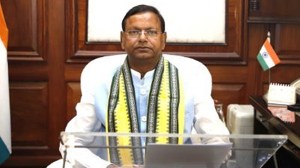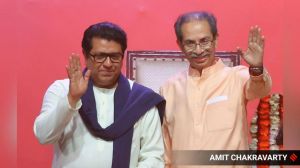Lateral entry is the answer
CHANDIGARH, June 14: The Army Commanders and the Vice Chief and their equivalent in the other two services are working out the changes in th...

CHANDIGARH, June 14: The Army Commanders and the Vice Chief and their equivalent in the other two services are working out the changes in the service and tenure rules in the light of the government8217;s decision to increase the retirement age by two years.
The MoD, which is still to issue a notification regarding the retirement age is seeking the views of the three service headquarters before issuing the final notification. The MoD has frozen all the retirements on or after May 31 in anticipation that the notification may be delayed, because inter-service and intra-service consensus is essential on various issues, including the tenure of the service chiefs and other senior ranks.
In case of service chiefs the tenure should be three years or 62 years of age whichsoever is early and similarly for Army Commanders and equivalent ranks of IAF and Navy the tenure should be again three years or 60 years of age, whichsoever is early and not by age only.
The worst will be older commanding officers of the active arms who are deployed in hazardous areas like Siachen, North-East and Jamp;K. With the increase of two years of age, Colonels will pick up their ranks in late 40s8217; which is not desirable for fitness reasons. The COs have got to be in the age group of late 30s8217; and early 40s8217; to lead the troops in the difficult combat zones.
Officers retire at different ages. Why this discrimination? Are the defence personnel not citizens of India? Is the constitution not applicable to them? According to article 14 of the constitution every citizen of India will have 8220;equality before the law, irrespective of considerations of nationality.8221;
Ministry of Defence and Home Affairs must sit together and solve this problem of keeping the Army young by lateral entry. With this the Army can be relieved of certain duties like counter-insurgency. There will be opposition but it has got to be done to preserve the constitution which is soldiers right to serve up to 60 years of age.
The author is a former Paratrooper and a defence analyst based at Panchkula
- 01
- 02
- 03
- 04
- 05































